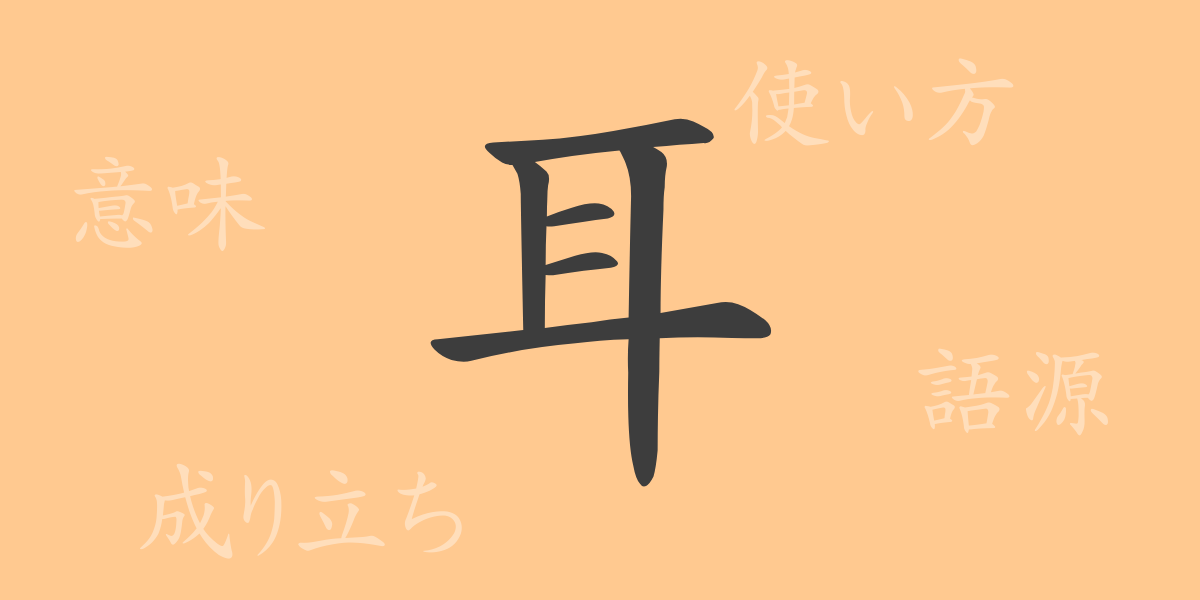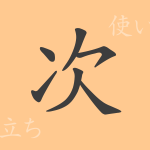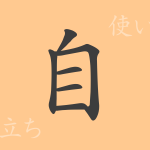The ear is one of the five senses and a vital organ for perceiving sound. However, its role extends beyond hearing, deeply influencing communication and balance. This article focuses on the common kanji “耳(みみ),” exploring its origins, usage in daily idioms, and proverbs. Rediscover the charm of this character and deepen your knowledge about the ear.
Origins of 耳(みみ) (Etymology)
The kanji “耳(みみ)” has ancient origins, developing from pictographs. In ancient China, it was represented by simple lines mimicking the shape of the ear, evolving over time into its current form. This kanji abstractly depicts the ear’s appearance and solidifies its role as a character representing the auditory organ.
Meanings and Usage of 耳(みみ)
The kanji “耳(みみ)” refers to the organ of hearing in humans and animals. While it can be used independently, it is often combined with other kanji to form various idioms and expressions. For example, “耳寄り(みみより)” means beneficial information, and “耳目(じもく)” signifies attention or interest.
Readings, Stroke Count, and Radical of 耳(みみ)
The kanji “耳(みみ)” has the following readings, stroke count, and radical:
- Readings: The on’yomi (音読み) is “ジ,” and the kun’yomi (訓読み) is “みみ.”
- Stroke count: It consists of 6 strokes.
- Radical: The radical is “耳部(みみへん)” (ear).
Idioms, Phrases, and Proverbs Using 耳(みみ)
Many idioms and proverbs in Japanese use the kanji “耳(みみ).” For example, “耳を傾ける(みみをかたむける)” means to listen attentively, and “耳にたこができる(みみにたこができる)” means to be fed up with hearing the same thing repeatedly. The proverb “壁に耳あり障子に目あり(かべにみみありしょうじにめあり)” teaches that even if you think no one is listening, conversations can be overheard, so be cautious with secretive discussions.
Conclusion on 耳(みみ)
The ear is not merely an organ for hearing; it is deeply ingrained in daily life and language. Through the kanji “耳(みみ),” the importance of listening and communication is conveyed. Idioms and proverbs related to the ear enrich the Japanese language and knowing them can expand conversational skills. Listen closely and appreciate the depth of this kanji.

























